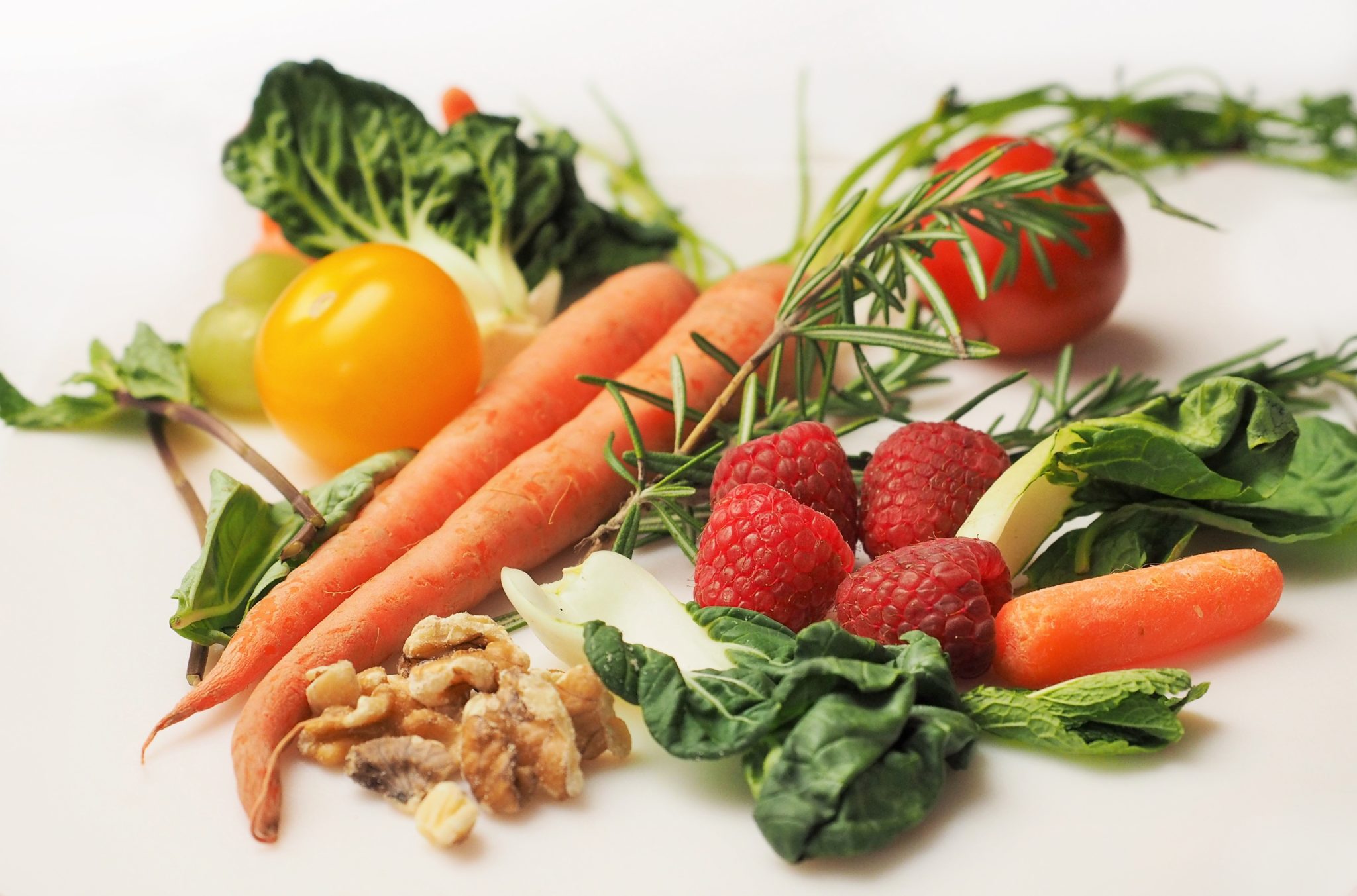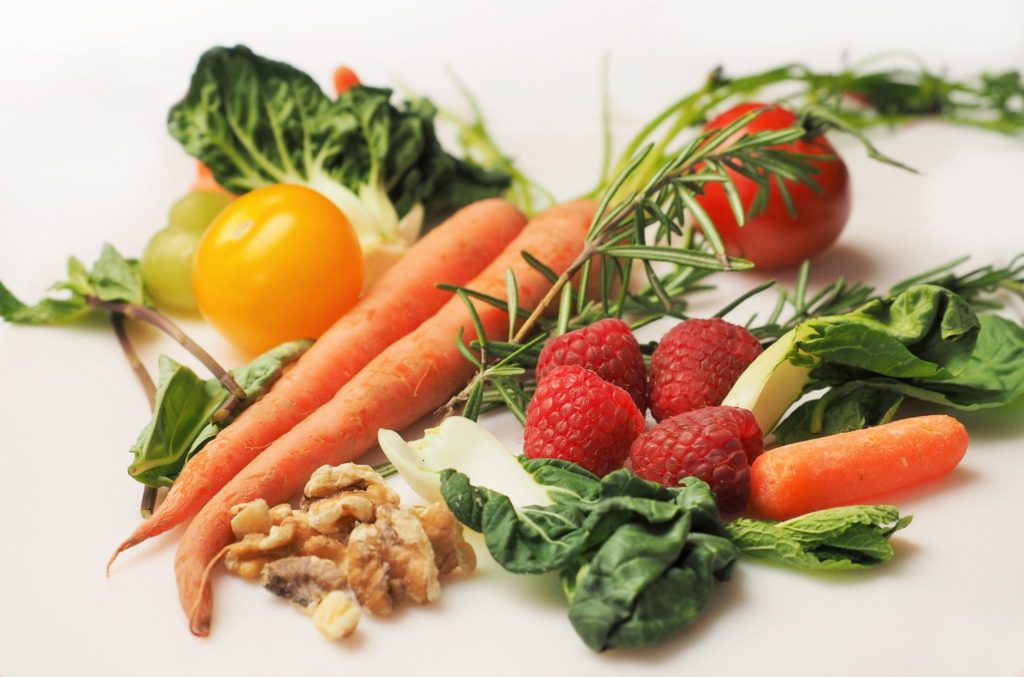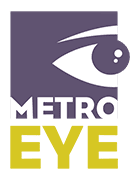

One of the best things you can do for your eyes is make sure you have a proper diet that includes the vitamins and minerals they need. Eating great means seeing great!
We’ve put together a list of some of the best vitamins and nutrients your eyes need, how they help, and where you can find them in your favorite foods.
Vitamin A
Vitamin A is a group of antioxidants that play an important role in your vision. Vitamin A helps protect the eye surface while preventing eye infections. In fact, some medicated eye drops contain Vitamin A as an effective treatment for dry eye. We’ve all heard how carrots help your eyesight because they contain Vitamin A. It’s not a myth – studies show that Vitamin A helps reduce the progression of macular degeneration; a major cause of blindness. In addition to carrots, you can find Vitamin A in other vegetables such as sweet potatoes, spinach, and kale, and also in animal-produced foods such as beef and chicken liver, whole milk, and cheese.
Vitamin C
Vitamin C, another well-known antioxidant, is commonly found in many types of fruits and vegetables. Vitamin C, also known as ascorbic acid, helps your body create and maintain connective tissue. Vitamin C promotes healthy blood vessels, especially the capillaries found in your retina. Studies suggest that Vitamin C reduces the risk of forming cataracts and vision loss from macular degeneration. Some excellent sources of Vitamin C include citrus fruits, tomatoes, red and green peppers, broccoli, and leafy green vegetables. Try to eat these foods as raw to retain their Vitamin C content.
Lutein and Zeaxanthin
You might not be familiar with lutein and zeaxanthin, but these two very important nutrients help your eyes reduce the risk for macular degeneration disease and cataracts. Lutein and zeaxanthin are carotenoids which provide important antioxidant functions throughout the body. They are also found in the macula of the eye; keeping the macula rich with theses nutrients may help prevent harmful blue light from reaching the retina. Spinach, kale and collard greens are packed with lutein and zeaxanthin. Broccoli, peas, squash, and avocados are also great sources for these two lesser known nutrients.
Omega 3 Fatty Acids
Omega 3 Fatty Acids are important dietary fatty acids that help the cells in your body maintain their structure.. Research suggests they, too, help reduce the risk of macular degeneration and cataracts. Omega 3’s, found in daily supplements such as flaxseed oil or fish oil, are especially helpful when treating dry eye symptoms. In fact, there are eye drops on the market that contain flaxseed and fish oil due to this benefit. You could also get your Omega-3 from fish and event smoothies..
Metro Eye is committed to your eye health. We recommend getting the vitamins and nutrients your eyes need with a healthy diet. Try including some of the foods mentioned in your diet everyday to make sure your eyes stay healthy for years to come.

